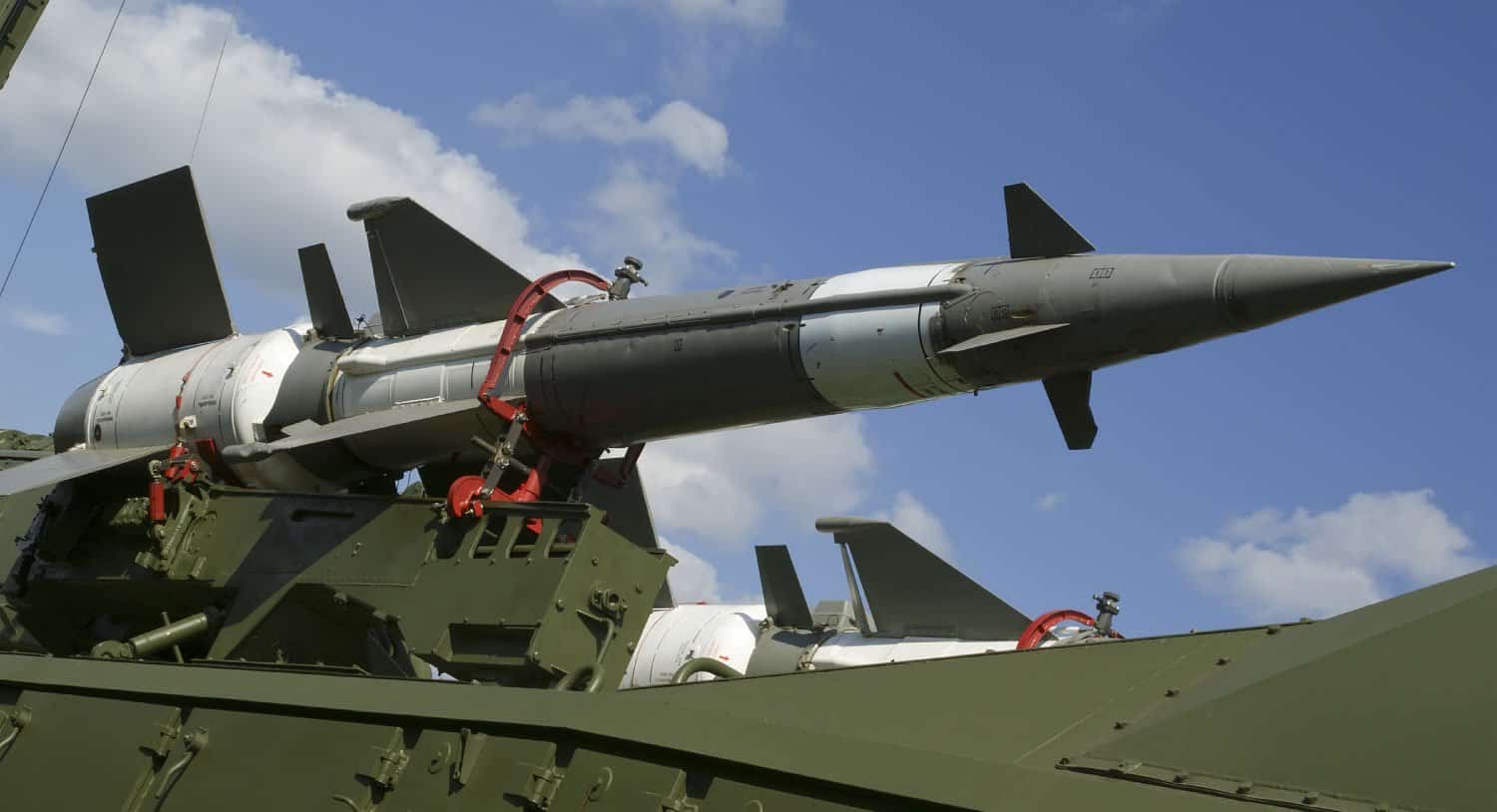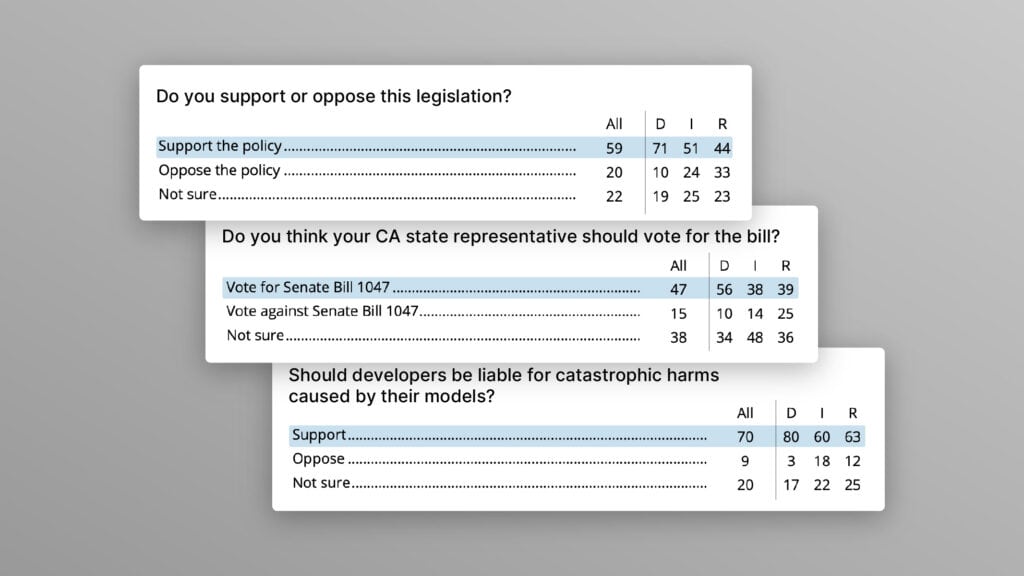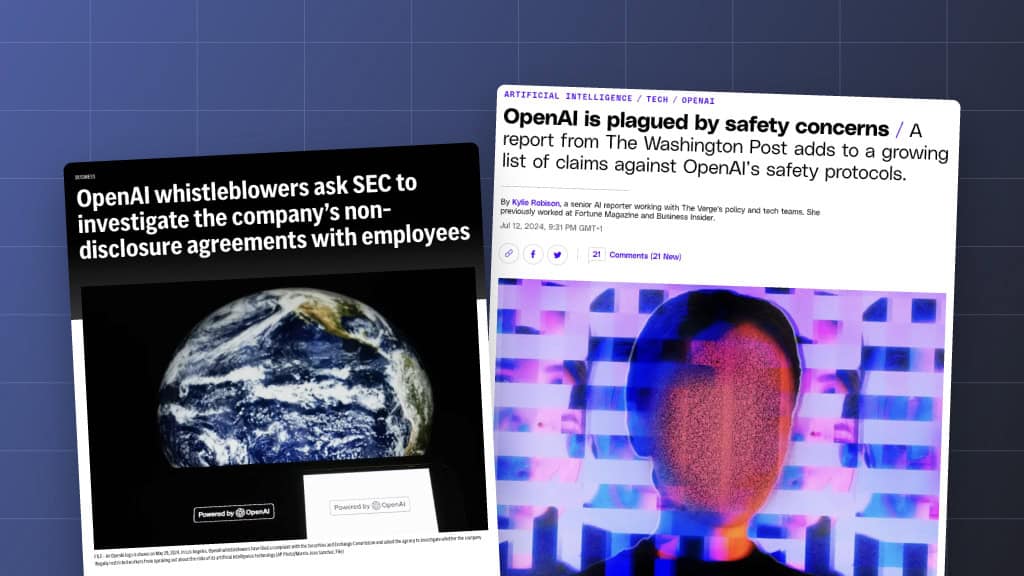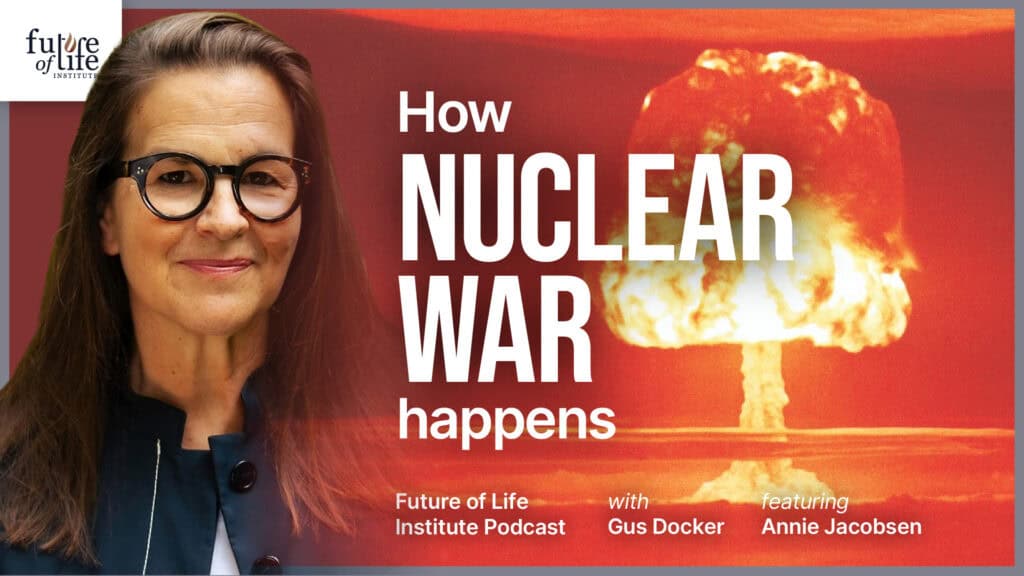Have Nuclear Weapons Kept the Peace?

Contents
Miliatry.com published a piece this week about the Pentagon leaders who recently went to Congress to defend spending $1 trillion to overhaul the nuclear triad. Among the quotes mentioned, one by Army Chief of Staff Gen. Mark Milley stood out:
“I just want to be clear, I don’t have a part of the triad, but I can tell you that in my view … that nuclear triad has kept the peace since nuclear weapons were introduced and has sustained the test of time,” Milley said. “That is not unimportant and the system is deteriorating, Congressman, and it needs to be revamped. It needs to be overhauled.”
Yet, since 1945, when the U.S. dropped atomic bombs on Japan, America has been involved in the Korean War, the Vietnam War, the first Gulf War, the Afghanistan War, and the second Gulf War. Meanwhile, we’ve had a military presence in Cuba, the Dominican Republic, Lebanon, Grenada, Iran, Panama, Somalia, Haiti, Bosnia, Yemen, Kosovo, Libya, Pakistan, Syria, Nigeria, and others.
So, it’s not entirely clear what Milley means when he says the “nuclear triad has kept the peace.”
Perhaps he means more specifically that we haven’t had a direct war against Russia since 1945, but that’s not a particularly meaningful argument, given that we hadn’t gone to war with Russia before 1945 either. One could argue that conflict with Russia escalated as a result of nuclear weapons. According to The Atomic Bomb Website,
“On August 29th, the Soviet Union detonated its first atomic bomb, at the Semipalatinsk Test Site in Kazakhstan. This event ends America’s monopoly of atomic weaponry and launches the Cold War.”
In fact, a large number of the wars and conflicts mentioned above pitted the U.S against the Soviet Union, making it hard to argue that nuclear weapons really kept the peace between the two countries, even if they didn’t declare all-out war.
Perhaps what Milley meant was that the U.S. hasn’t been directly attacked since the Japanese bombed Pearl Harbor. However, we hadn’t really been attacked prior to that either. It’s not clear that nuclear weapons have offered any more deterrence than the Atlantic and Pacific Oceans provide. After all, Canada and Mexico also haven’t been attacked. Plus, while no country has launched strikes that targeted U.S. soil, we have been attacked by terrorists.
Maybe Milley just meant that there haven’t been nuclear strikes against us because we could retaliate with equally strong force. That may be true. However, if it is, then perhaps the money would be better spent toward research and public education.
Just a small fraction of that $1 trillion could be used to help us better understand the impact of nuclear winter. Current weather models already predict that even a small nuclear war could cause worldwide temperatures to plummet, killing as many as 1 billion people globally. That includes people within the fighting countries.
Perhaps if countries involved understood how devastating a nuclear war would be for their own citizens, they’d prefer reducing rather than upgrading their nuclear arsenals.
About the Future of Life Institute
The Future of Life Institute (FLI) is a global think tank with a team of 20+ full-time staff operating across the US and Europe. FLI has been working to steer the development of transformative technologies towards benefitting life and away from extreme large-scale risks since its founding in 2014. Find out more about our mission or explore our work.
Related content
Other posts about Nuclear, Recent News

The U.S. Public Wants Regulation (or Prohibition) of Expert‑Level and Superhuman AI

Poll Shows Broad Popularity of CA SB1047 to Regulate AI


